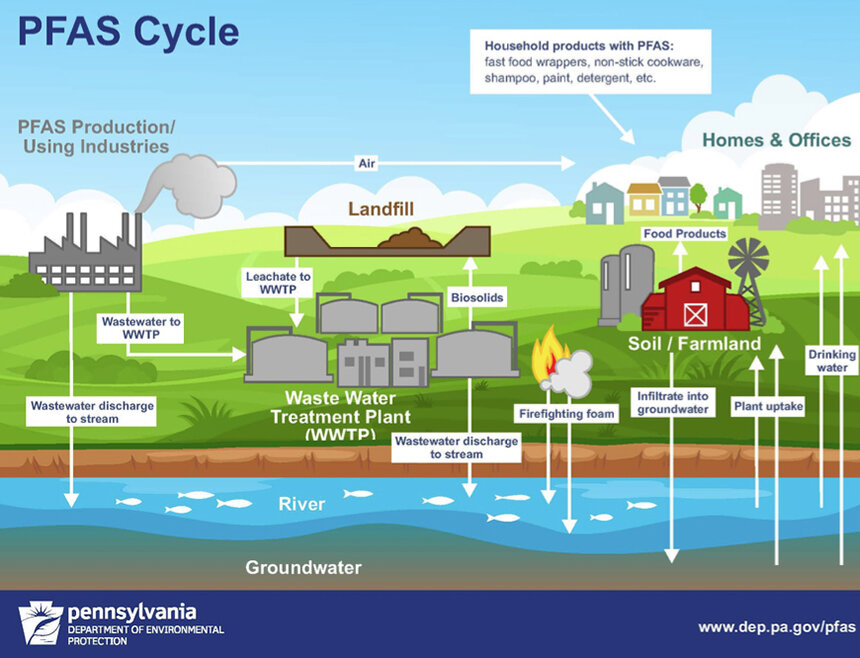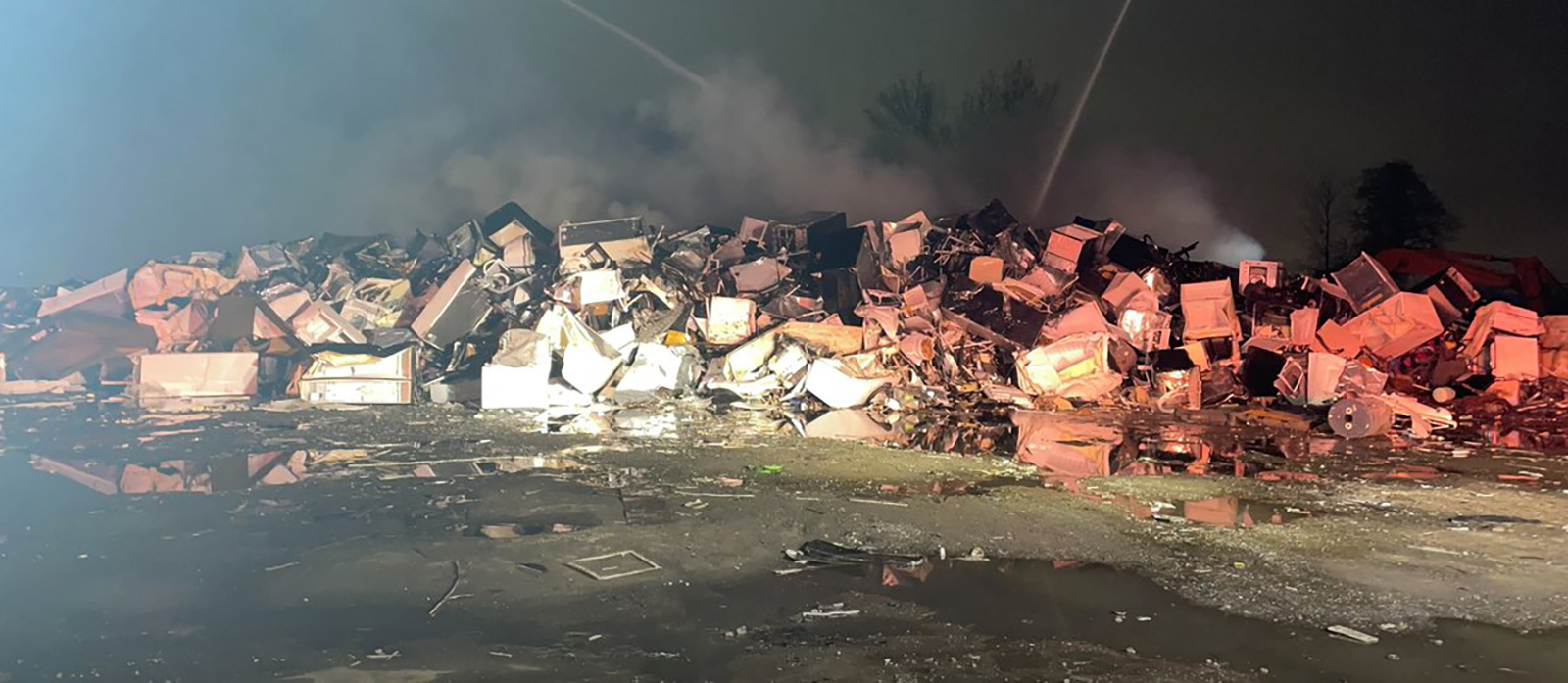Cigarette Butts Choke Ocean State’s Coastline
March 30, 2010
What do you suppose is the most prevalent pollutant and source of debris internationally in stormwater runoff? Aluminum cans, you say? Not even close. Plastic bottles, maybe? You’re still cold. It’s got to be plastic bags; they blow everywhere like little poison parachutes? While they are a big problem, plastic bags represent less than half, by weight, of the main culprit.
In addition to the detrimental effect on public health, smoking by-products have been shown to be an environmental hazard of the highest order. Far and away, the main source of marine debris worldwide is cigarette butts, cigar stubs, their packaging and plastic lighters.
The Ocean Conservancy annually sponsors the International Coastal Cleanup. The Audubon Society of Rhode Island has historically sponsored the Ocean State’s participation in this annual cleanup.
Smoking-related materials represented more than 30 percent of what was collected and disposed of by teams worldwide in 2008, according to the Ocean Conservancy’s 2009 International Coastal Cleanup (ICC) report. The numbers are staggering.
Globally, in 2008, ICC teams collected 3,216,991 cigarette filters on beaches and along coastlines and waterways. That number represented a whopping 28 percent, by weight, of all collected debris. Plastic bags ranked No. 2 at 12 percent.
This smoking-related debris usually starts its journey to the ocean on city streets, where careless individuals have flicked their cigarettes. The offending filters are then carried by stormwater into sewers, which lead to the sea and usually offer little to no filtration. This is an example of “non-point source” pollution.
Cigarette butts, which are made from a plastic called cellulose acetate, are a source of not only physical pollution, but the chemicals they contain also leach into the water and harm plant and wildlife. The International Journal of Environmental Research and Public Health published a report in 2009 that stated “nicotine and ethylphenol leachates from cigarette butts (are) toxic to oceanic cladoceran (small crustaceans commonly known as water fleas) and microtox organisms.”
Cigarette butts also are particularly harmful to fish and birds that may ingest them, mistaking them for food. Although no studies have been done on the impact on wildlife of ingesting this litter, it has been estimated that ingestion of 200 cigarettes butts by a human being would cause chemical toxicity and death.
This month marks the fifth anniversary of the passage of Rhode Island’s public smoking ban. While most would agree that the indoor air quality of public places has improved, there is an environmental impact that probably wasn’t foreseen by the state legislature when it passed the bill.
In the three years from 2004-07, the number of used cigarette filters collected by ICC volunteers along Rhode Island coastlines, beaches and waterways jumped dramatically from 26,318 to 36,044 individual filters, and smoking-related materials still represented more than 30 percent of the debris collected. Remember, this is only what was collected. We have no idea how many butts floated out to sea.
Cellulose acetate filters are photodegradable, not biodegradable, and they take a long time to break down. When they do, it is not a complete degradation. Not surprisingly, the tobacco industry has dragged its feet on the development of a more degradable cigarette filter.
If you are a smoker, please be aware of where you flick your butts. Onto the street and down the toilet are not acceptable receptacles.
Categories
Join the Discussion
View CommentsRelated Stories
Your support keeps our reporters on the environmental beat.
Reader support is at the core of our nonprofit news model. Together, we can keep the environment in the headlines.
We use cookies to improve your experience and deliver personalized content. View Cookie Settings



